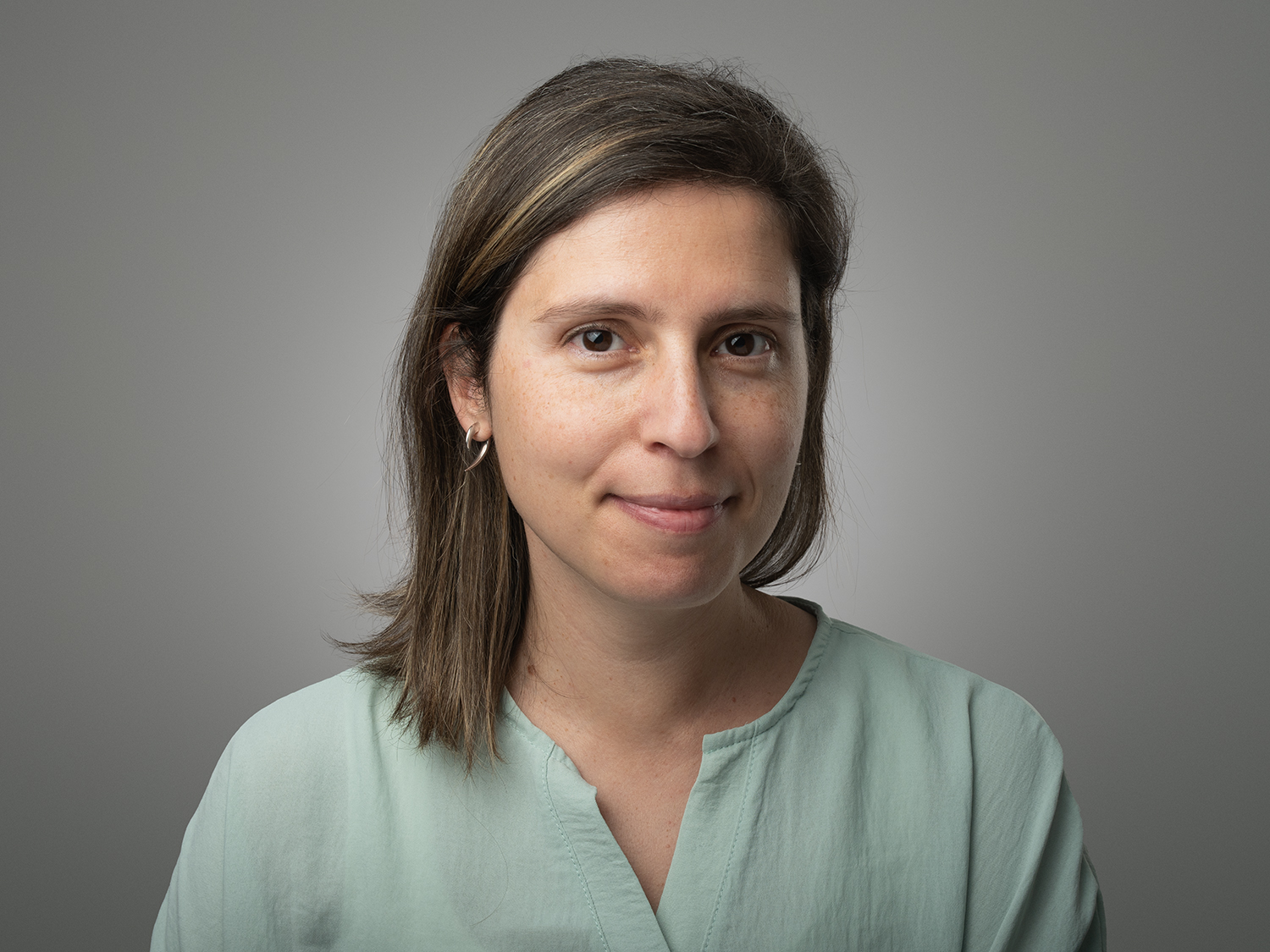
| Time | Session |
|---|---|
|
11:35
13:10
|
Auditorium VIII
|
|
13:30
14:15
|
(open to EACR Early Career & Student Members, pre-registration required)
Career Discovery Area
|